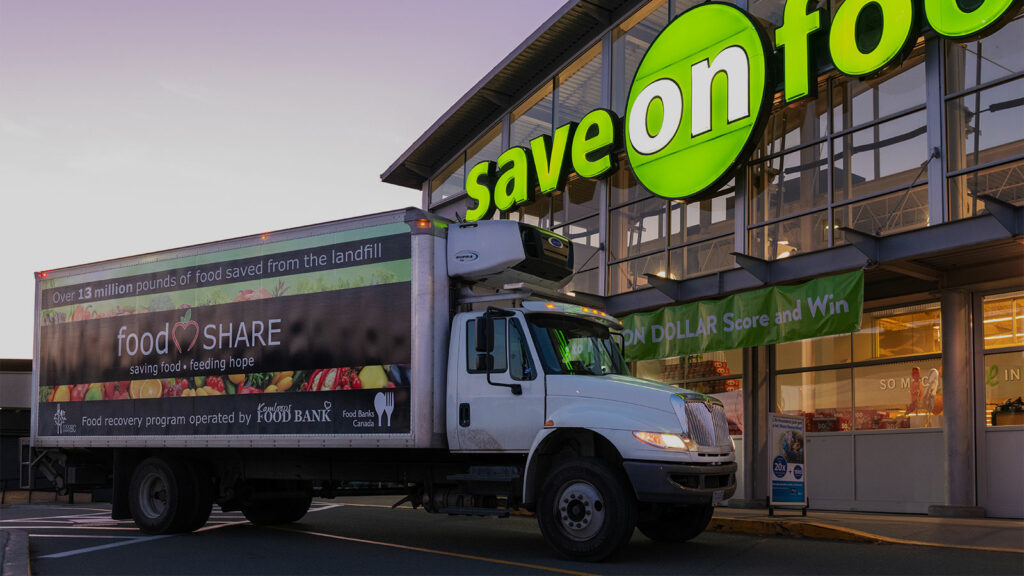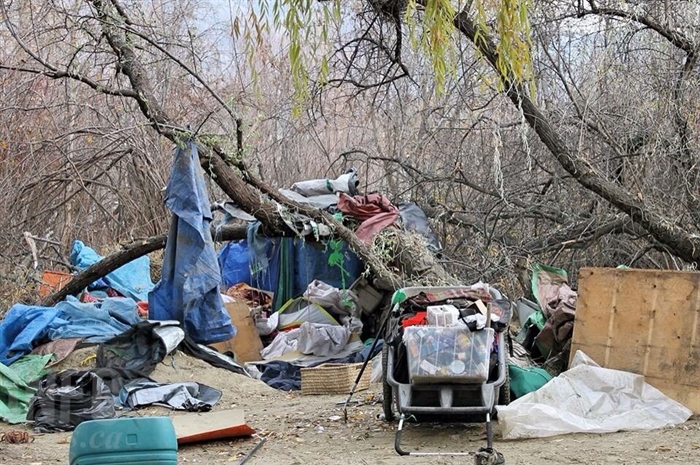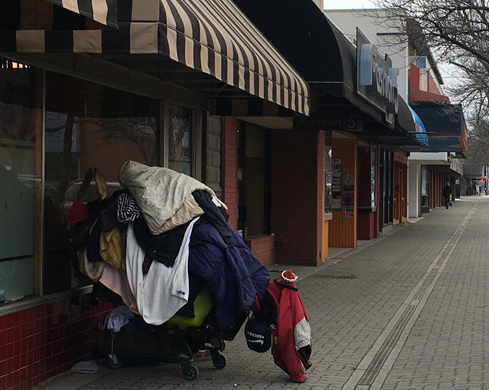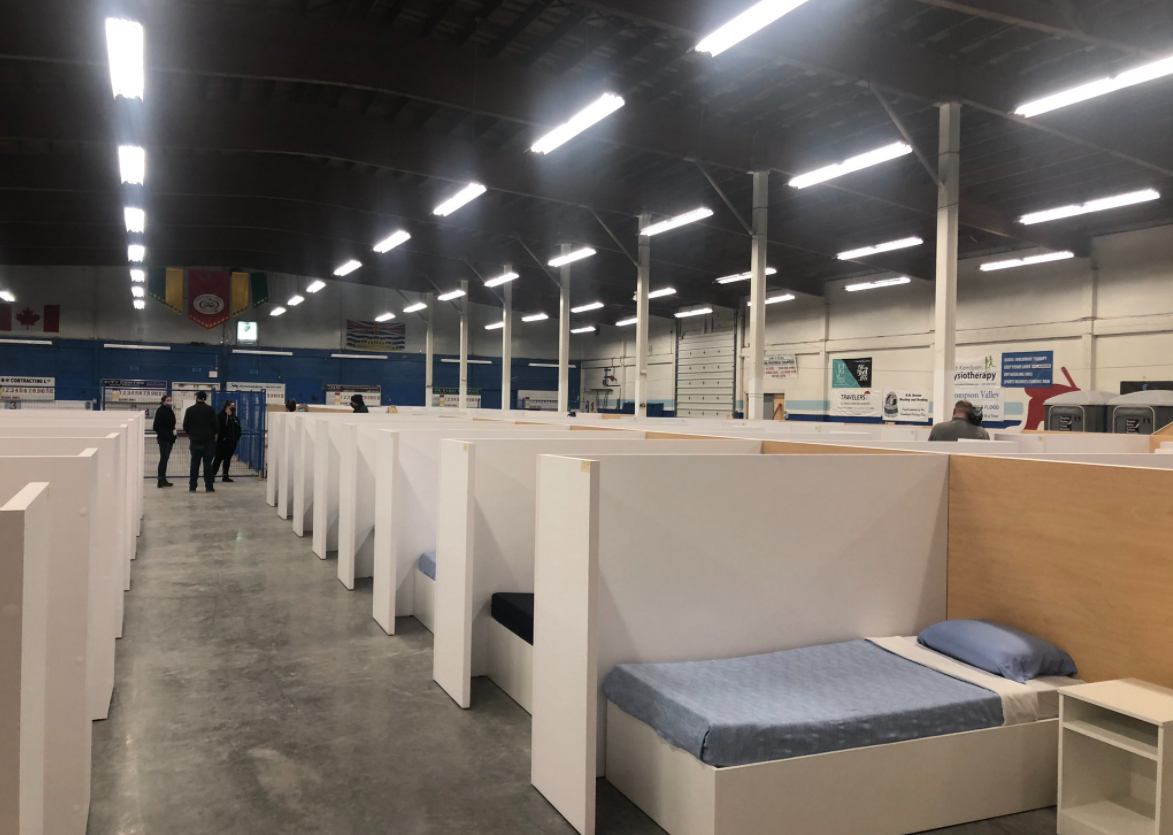
Here in Kamloops, there’s a variety of social services that cater to those experiencing poverty and homelessness. These facilities form a support network that ranges from housing to shelters, food, employment and legal services, and much more. While much conversation is afforded to the challenge of coordinating service delivery and who should be doing what, an aspect that is rarely discussed is the shame associated with using these resources. In a recent study by Robert Walker, he states that “…the shame and stigma experienced by people in poverty leads to social exclusion, limited social capital, low self-worth, and a lack of agency that could all serve to prolong poverty.” In other words, the shame and stigma of poverty keep people in desperate situations for longer and has measurable negative psychological impacts.
Image Source: CFJC Today
Consider this: when was the last time that you said hello to someone panhandling on the street? Most of us, myself included, are guilty of simply walking by and ignoring anybody sitting outside. We may have good reason to keep walking, say if we are late getting somewhere or for personal safety reasons. However, it’s this feeling of invisibility that many unhoused people share.

This feeling of shame is not only felt here in Canada but around the world. In a new study by Audry M. W. Simons et al., they conducted seventeen in-depth interviews with Dutch people of low socioeconomic status to examine how stigmatization impacted them. The results indicated that participants felt inferior, responsible for their financial problems, and visibly recognizable as poor. These feelings can not only lead to emotional distress but worse health outcomes overall. Further compounding this issue is the negative social perception of receiving government benefits and financial or material support. With all of these factors together, it’s easy to see why some people in poverty would not reach out to the resources available in their community.
Image source: Kamloops Food Bank
As people without lived experience, it’s easy to say we know how to solve this issue. Get people jobs, and they will no longer be homeless, right? The reality of this issue is that in a capitalist society, there will always be a tiny amount of people with more wealth than they could ever use and a vast amount of people with nothing or just scraping by. People don’t become homeless by choice or because they’re lazy. They become homeless by circumstances more significant than themselves, and once you’re in that situation, it’s incredibly difficult to get out. Imagine trying to get a job when you have no ID, nowhere to shower, wash your clothes or change, and no money for transportation to and from the interview. Not to mention that you might also not have a phone or phone number and many other essential things that we take for granted every day. So next time you see someone who’s unhoused in public, understand that it’s not because they’re lazy or not working hard enough. This small amount of compassion can make a huge difference in breaking down the stigma and making meaningful strides towards ending poverty.





